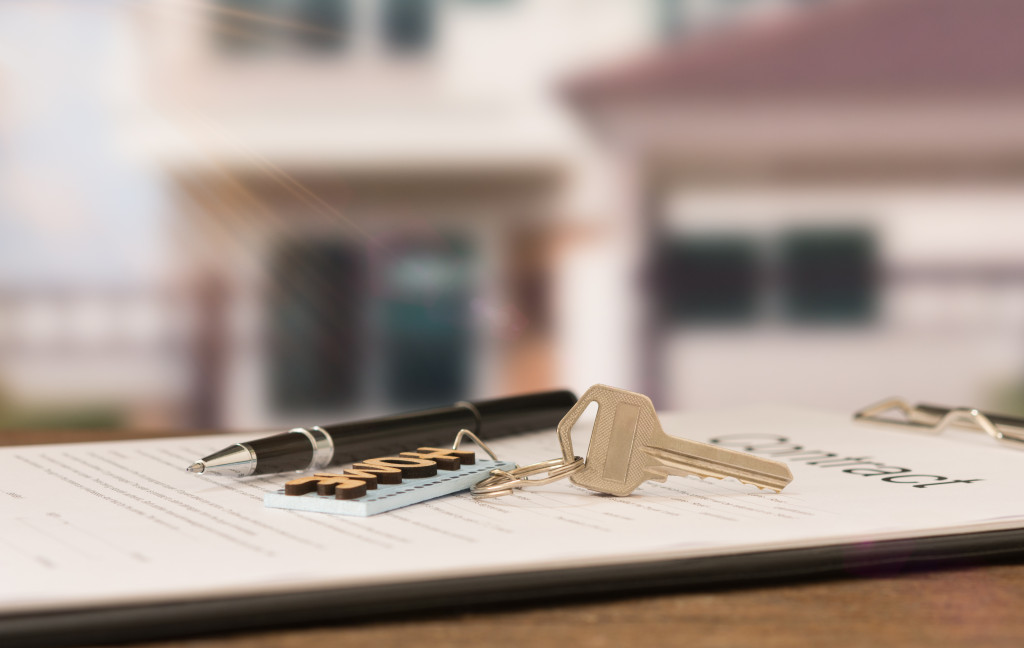- Understand your market, economic factors, and local real estate trends before investing in rental properties.
- Be aware of the responsibilities associated with being a landlord.
- Create a clear financial plan to determine if the investment is financially sustainable.
- Consider all expenses involved in owning and managing a rental property.
- Put in time and effort to ensure a steady stream of passive income.
Investing in rental properties can be a great way to earn passive income, but it has risks and challenges. If you’re thinking about investing in rental properties, there are some things you need to know before taking the plunge. This blog post will cover the essential information you need to get started and give you some tips for success.
Know your market
Investing in rental properties can be a profitable venture, but before jumping in, it is essential to understand the market you are investing in. Whether you are a seasoned investor or a newcomer to the market, it is crucial to research and understand the local market factors that will impact your investment.
Economic Factors
One of the primary factors to consider when investing in rental properties is the economic conditions in the area. These conditions include the job market, population growth rates, and financial stability. It is also essential to consider factors like the area’s median income and cost of living.
These factors will impact both the demand and rental rates for rental properties in the area. If the site is experiencing an economic downturn, job losses, or a population decline, the demand for rental properties will likely decrease, negatively impacting your investment.
Real Estate Trends
Another crucial factor to consider when investing in rental properties is the local real estate market trends. These trends and patterns can help you identify opportunities and areas where demand for rental properties is high, allowing you to invest in places where you can expect a higher return. Consider factors like market growth rates, supply and demand, and comparable property values in the area when researching the local market trends.
Understand your responsibilities

Being a landlord is more than just collecting rent each month. You’ll be responsible for ensuring the safety and comfort of your tenants, maintaining the property, dealing with tenant issues, and managing finances.
Understanding precisely what is expected of you as a landlord is essential before investing in rental properties. Some of your primary responsibilities include the following:
- Keeping the rental property and its grounds in a safe and habitable condition
- Ensuring compliance with local building codes, health regulations, and safety laws
- Collecting rent payments on time
- Maintaining accurate records of tenant leases and payments
- Responding promptly to tenant issues or complaints
However, not all landlords have the time to manage their rental properties. In such cases, experienced property management companies can assist with the day-to-day tasks associated with running a rental property. They can provide various services, including tenant screening, rent collection, and maintenance, allowing you to focus on the bigger picture of your investment.
Have a clear financial plan

Investing in rental properties is a complex process that requires a clear financial plan to ensure success. Without a solid understanding of your finances, you may struggle to make a profit or, even worse, lose money.
Understand Your Cash Flow
The first step in creating a financial plan is understanding your cash flow. This means analyzing your income and expenses and determining how much money you have for investment.
You should also take into account any debt that you currently have, as this will impact your ability to finance your investment property. By understanding your cash flow, you can determine how much you can afford to invest in a rental property and ensure your investment is financially sustainable.
Determine Your Investment Goals
Another critical aspect of a financial plan is to determine your investment goals. This means deciding what you want to achieve with your investment and how you plan to get there. Are you looking for a short-term or long-term investment? What is your expected rate of return? Having clear investment goals lets you assess if a rental property fits your investment portfolio.
Consider All Expenses
Investing in rental properties involves more than just purchasing the property. You must also factor in all the expenses of owning and managing a rental property. This includes maintenance, repairs, property management, taxes, insurance, etc.
It would be best if you had a clear understanding of owning and managing a rental property to calculate your expected return on investment accurately.
The Bottom Line
Investing in rental properties can be a smart financial move if you research and have a solid plan. Knowing your market, having a clear financial plan, understanding the legalities, being prepared for maintenance and repairs, and finding reliable tenants are all essential to success. If you’re willing to put in the time and effort required to be a successful landlord, investing in rental properties can offer a steady stream of passive income for years.


